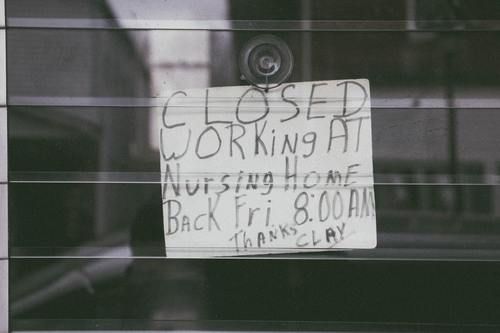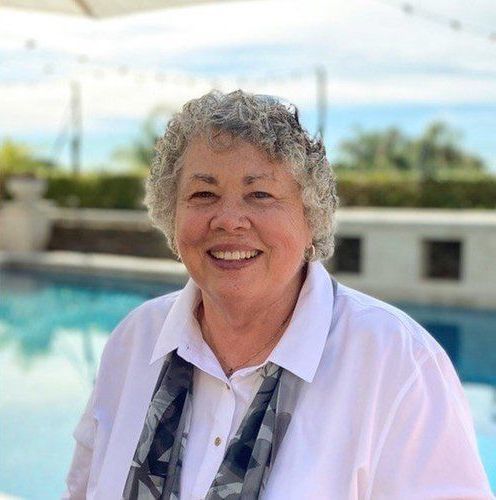
My parents lived through the depression. I remember hearing my dad tell stories about his mom and her ration books. Gasoline, butter and milk were some of the first things rationed. Interestingly, about 91% of the American population voluntarily signed up for the ration books.
They stood in long lines to buy sugar. Each person got ½ lb. of sugar per week. That’s about half of their normal consumption of sweets.
And people were excited to buy war bonds for $18.75. Ten years later they were worth $25, a meager 3% annual rate of return.
No one likes to be deprived. So, what made the American population engage in such a positive way? Why did moms and dads so willingly participate? The answer is straightforward. They believed in the cause. It wasn’t a political decision. It wasn’t because they had been coerced. It was because in their hearts, they believed in what our country stood for.
They wholeheartedly supported the values of our people and the laws of our land. They were “all in” because they believed in something bigger than themselves.
I think that is what James is driving at in chapter 5. He is exhorting the believers to choose to share rather than hoard. He is making a case that serving the Lord reveals a much better way of life. Rather than live in luxury and self-indulgence, he is urging the first century believers (and all of us), to see the reason for moderation and compassion.
If we believe strong enough in the cause, sacrifices will be willingly made. So, James highlights the return of Christ before our eyes and asks us to be patient and stand firm on His values.
The practical lesson focuses on money and what it buys us. How much is enough? When do we have too much? What can and should we share? What can we do without so that someone else in need can have just some?
I am sure the answers are different for each of us. But all of us South County folks seem to have one thing in common. We have more than we actually need. So maybe this is a good week for some serious self-evaluation. Let’s consider questions like these:
What are our real NEEDS? What are our WANTS? Do we need a car? Do we need a Lexus? (I chose that brand because I drive a used Lexus). Do we need a TV? Do we need that deluxe sports package? (I would say only during March Madness.) You can see how easy it is to confuse needs with wants.
Let’s get serious about serving our Lord with our resources. Before our “wealth starts to rot,” let’s all put it to work for the Kingdom’s sake!
They stood in long lines to buy sugar. Each person got ½ lb. of sugar per week. That’s about half of their normal consumption of sweets.
And people were excited to buy war bonds for $18.75. Ten years later they were worth $25, a meager 3% annual rate of return.
No one likes to be deprived. So, what made the American population engage in such a positive way? Why did moms and dads so willingly participate? The answer is straightforward. They believed in the cause. It wasn’t a political decision. It wasn’t because they had been coerced. It was because in their hearts, they believed in what our country stood for.
They wholeheartedly supported the values of our people and the laws of our land. They were “all in” because they believed in something bigger than themselves.
I think that is what James is driving at in chapter 5. He is exhorting the believers to choose to share rather than hoard. He is making a case that serving the Lord reveals a much better way of life. Rather than live in luxury and self-indulgence, he is urging the first century believers (and all of us), to see the reason for moderation and compassion.
If we believe strong enough in the cause, sacrifices will be willingly made. So, James highlights the return of Christ before our eyes and asks us to be patient and stand firm on His values.
The practical lesson focuses on money and what it buys us. How much is enough? When do we have too much? What can and should we share? What can we do without so that someone else in need can have just some?
I am sure the answers are different for each of us. But all of us South County folks seem to have one thing in common. We have more than we actually need. So maybe this is a good week for some serious self-evaluation. Let’s consider questions like these:
What are our real NEEDS? What are our WANTS? Do we need a car? Do we need a Lexus? (I chose that brand because I drive a used Lexus). Do we need a TV? Do we need that deluxe sports package? (I would say only during March Madness.) You can see how easy it is to confuse needs with wants.
Let’s get serious about serving our Lord with our resources. Before our “wealth starts to rot,” let’s all put it to work for the Kingdom’s sake!

Sherry Worel
Sherry Worel is a Bible teacher at heart and lives a life of ministry. She’s been involved at Coast Hills teaching Women’s LIFE, Bible studies, online courses, devotionals, participating in Upstream conversations, and much more. Having a love for education, Sherry has over 50 years of teaching experience with schools, churches, and mission agencies. As well as earning her Master’s at Talbot Seminary, she rounded out her education with 35 years as Head of School at Stoneybrooke Christian School. Sherry is happiest with a book or fishing pole in hand.
